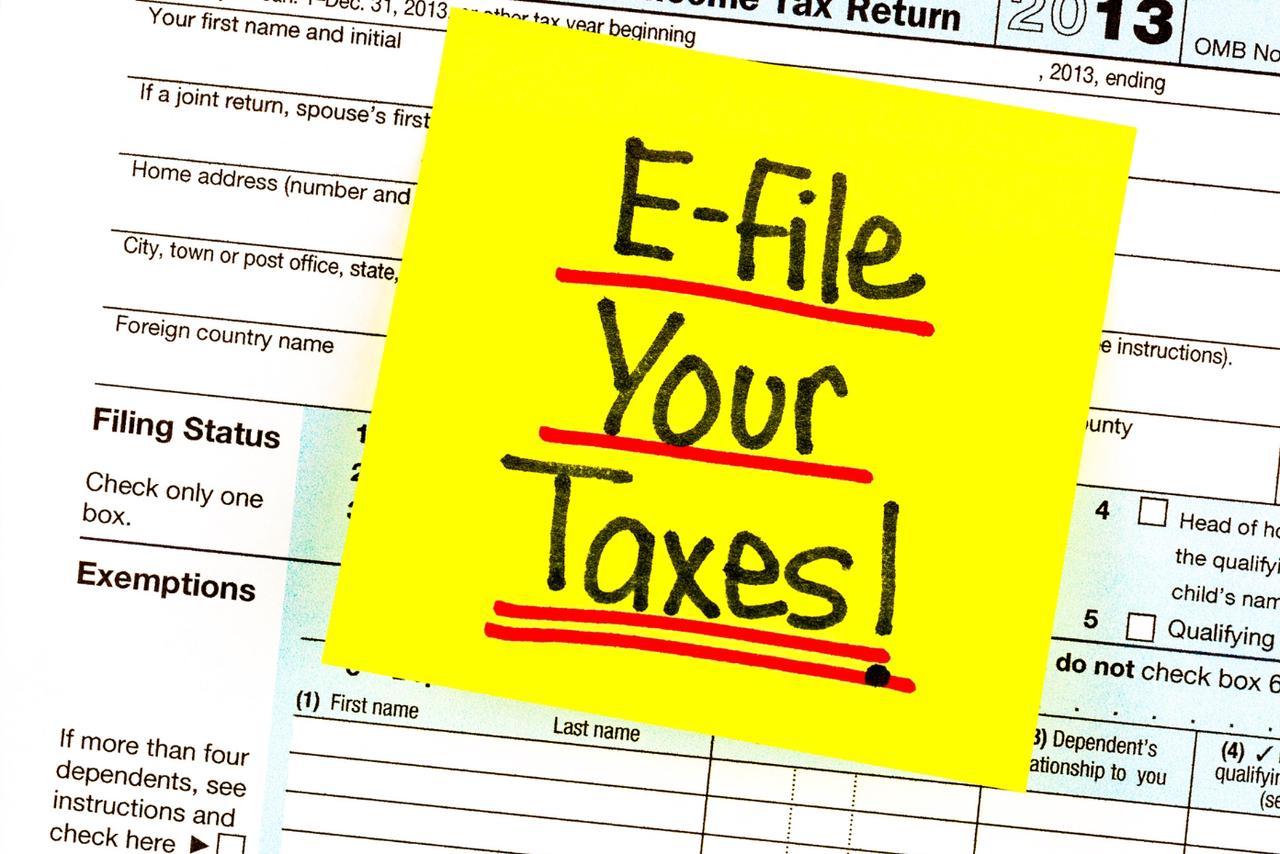
The year 2024 marks a pivotal year for tax administration in Malaysia with the full implementation of e-filing for a wider range of taxpayers. This initiative, spearheaded by the Inland Revenue Board of Malaysia (IRB), aims to revolutionize the way individuals and businesses submit their income tax returns. This essay will delve into the key aspects of e-filing in Malaysia 2024, exploring its benefits, compliance requirements, and the potential impact on both taxpayers and the government.
A Mandatory Shift Towards E-filing
Before 2024, e-filing served as an alternative to traditional paper-based submissions. However, to increase efficiency and reduce reliance on manual processes, the IRB has mandated e-filing for most taxpayers. This move aligns with Malaysia's digitalization efforts and streamlines tax administration.
The rollout of e-filing follows a phased approach. In 2024, the requirement extends to individuals filing Form BE (applicable to those with only employment income) and businesses submitting Form B (used by those with business income). Individuals with a deadline of April 30th benefit from an extended grace period until May 15th if they submit electronically. Similarly, businesses filing Form B enjoy a deadline extension to July 15th for e-filing compared to the original June 30th deadline. These extensions aim to ease the transition for taxpayers and encourage adoption of the new system.
Simplifying Tax Filing with E-filing
E-filing offers significant advantages for taxpayers in Malaysia. The online platform, MyTax, provides a user-friendly interface for individuals and businesses to submit their returns electronically. This eliminates the need for manual form filling and reduces the risk of errors associated with paper submissions. Additionally, MyTax pre-populates certain information from employers or financial institutions, further streamlining the process.
Furthermore, e-filing facilitates faster processing of tax returns by the IRB. Electronic submissions are automatically validated and processed, significantly reducing processing time compared to paper-based returns. This allows for quicker refunds and minimizes delays for taxpayers. Accessibility is another key benefit. MyTax allows taxpayers to access and manage their tax information online anytime and anywhere, eliminating the need to visit a physical IRB office.
Ensuring Compliance and Security
While e-filing simplifies tax submissions, certain compliance requirements remain. Taxpayers must register for an e-filing account on MyTax and obtain a valid Electronic Filing Pin (e-Pin) for authentication. Additionally, they are responsible for ensuring the accuracy and completeness of information submitted electronically. The IRB provides comprehensive guidelines and FAQs to assist taxpayers in understanding e-filing procedures and compliance requirements.
Security of taxpayer information is paramount. MyTax utilizes various security measures to ensure the confidentiality and integrity of data. These measures include data encryption, user authentication protocols, and secure server infrastructure. Taxpayers can further enhance security by using strong passwords and practicing safe online habits.
Benefits for the Government and Tax Administration
The implementation of e-filing in Malaysia offers significant advantages beyond streamlining tax filing for individual taxpayers and businesses. From the government's perspective, e-filing enhances efficiency and reduces administrative costs associated with processing paper-based returns. The automation capabilities of MyTax allow for quicker data analysis and identification of inconsistencies or potential errors, improving tax collection and reducing tax evasion.
Furthermore, the centralized e-filing system provides the IRB with a comprehensive view of taxpayer information. This data can be used for informed policy formulation and economic analysis, allowing the government to develop more targeted tax policies and better understand the economic landscape.
Challenges and Considerations
While e-filing offers numerous benefits, some challenges remain. Digital literacy and internet access can be hurdles for some taxpayers, particularly those from rural areas or older age groups. To address this, the IRB has implemented various initiatives to promote digital literacy and provide assistance to those unfamiliar with the online platform. Additionally, concerns regarding data privacy and security may deter some taxpayers from adopting e-filing. Continuous efforts by the IRB to ensure robust cybersecurity measures and educate taxpayers on data protection practices are crucial to building trust and encouraging wider adoption.

The Future of E-filing in Malaysia
The implementation of e-filing in 2024 marks a significant step towards a more digital and efficient tax administration system in Malaysia. While some challenges persist, the long-term benefits for both taxpayers and the government are undeniable. As digital literacy improves and the online platform matures, e-filing is poised to become the standard for tax submission in Malaysia. Future advancements may include further integration with accounting software and financial institutions, allowing for seamless data transfer and even faster processing times. The year 2024 represents a turning point in tax administration in Malaysia with the mandatory shift to E-filing.
Our Location
ExaLumen Technologies Sdn. Bhd.
202201036680 (1482377-A)13-03-02,
Tower 13, Star Central,
Lingkaran Cyber Point Timur,
Cyber 12,
63000 Cyberjaya, Selangor,
Malaysia
Our Location
ExaLumen Technologies Sdn. Bhd.
202201036680 (1482377-A)13-03-02,
Tower 13, Star Central,
Lingkaran Cyber Point Timur,
Cyber 12,
63000 Cyberjaya, Selangor,
Malaysia
Copyright © 2026, Exalumen Technologies Sdn. Bhd. All Rights Reserved.